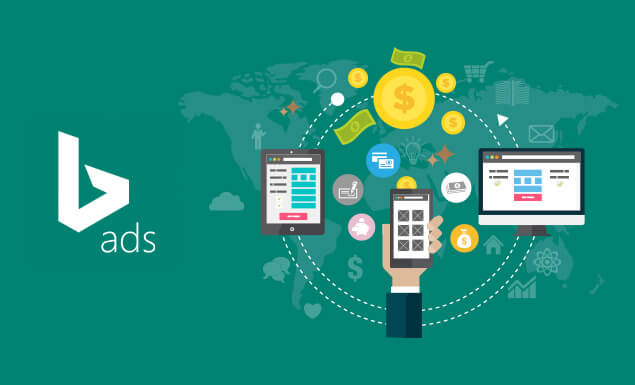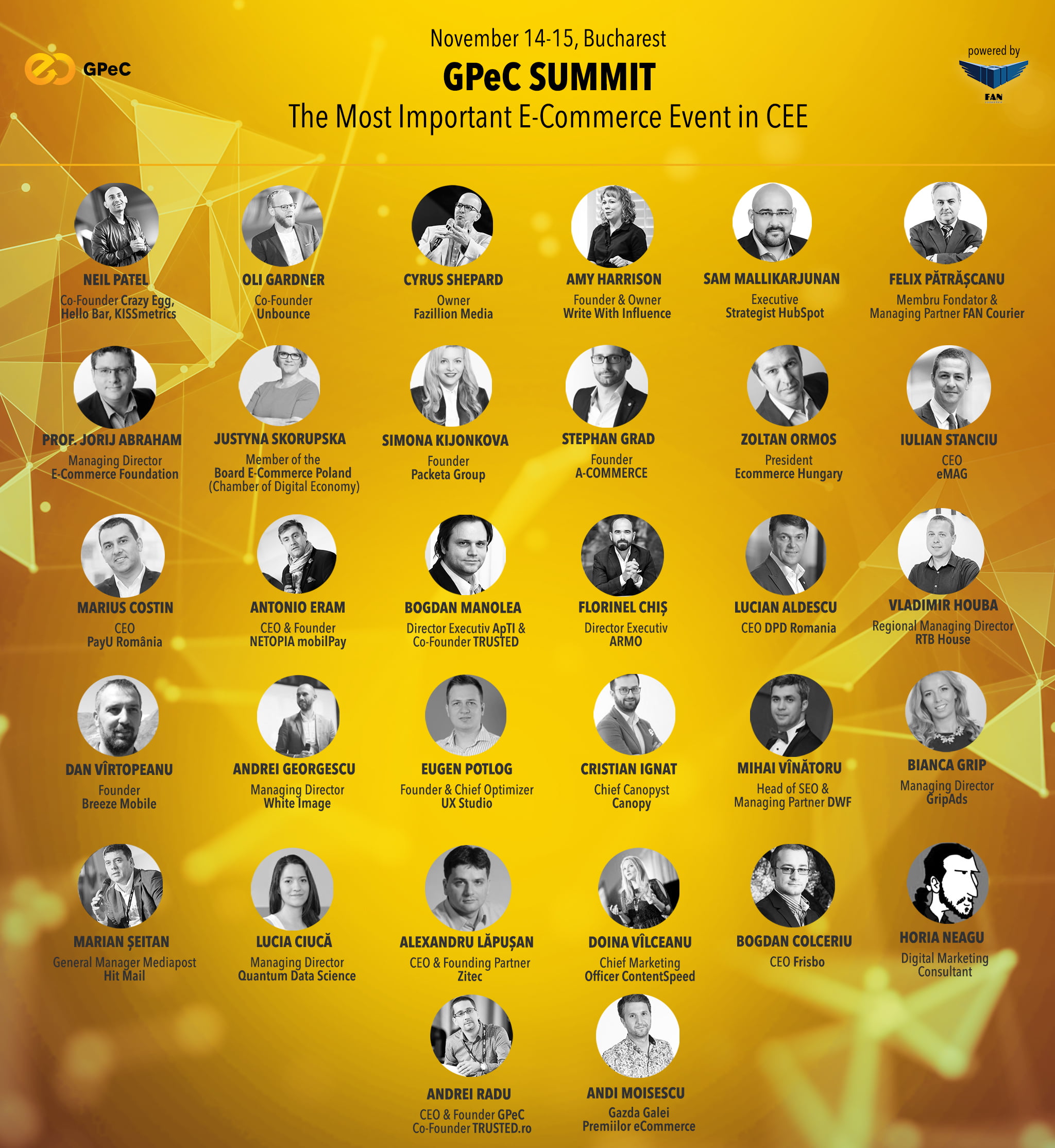Vida Zhao traveled over 20 hours from Australia to Romania in order to learn Online Marketing from Canopy’s team. She’s studying at the University of Sydney and she came in 1 month internship @Canopy. With no experience in online marketing and facing a different culture, she managed to write a a nice story here. Vida agreed to share this story with all of us, let’s find out more.
Good times always fly faster than you want them to. As I sitting in the office one last time, I know my month-long internship at Canopy has come to an end and it’s time for me to go back into the chilly winter of Australia.
Before that, I want to share with you all the discoveries and impacts I made throughout this amazing journey.
Before learning Marketing and Google Ads in depth, I was always confused with the concept of organic search and paid search on a returning page brought back by a search engine like Google. I could tell the difference between organic links and ad links of course – but I didn’t know how do they work and why would paid search help, since apparently, most people lay more trust on organic searches due to the common belief that ads are paid to rank high on top rather than earning the position through inherent quality.
My confusions were resolved later during my internship at Canopy.
Google Ads provides three main platforms for advertisers to work on:
1. bidding through keywords and increasing relevance to get your ad positioned on top of the page, 2. displaying banners on partner websites based on the content, 3. ads on YouTube.
Heavily relying on content creating, YouTube is normally categorized separately for advanced marketers. And my short staying didn’t allow me to dig deeper on this. Along with YouTube ads, shopping ads is another Google Ads method that I didn’t get the chance to explore due to time restraints.
My training was focused on search and display network. To explain in a simple manner, Google search network opens up an auction for all advertisers to bid on every time a keyword is searched in Google (the process is normally done in less than one second).
Pay Per Click (PPC) is another name that always used alternatively while illustrating the same term. As an online marketing model in which advertisers pay a fee every time their ads are clicked, PPC is essentially a way of buying website traffic instead of gaining them organically. It’s precisely the opposite of Search Engine Optimization (SEO), in which marketers need to work on their own website’s quality & other reputational metrics to get it chosen by Google for a better position.
Back to the question that once confused me: how could PPC help when everyone knows they are paid ads and therefore tend to pay more attention and trust to organic search results?
There are two reasons. First of all, utilizing SEO to increase visibility and draw traffic takes a considerable amount of time and efforts. The process goes slowly at the measurement of months. In other words, it takes months to see the result, which could be devastating to small or medium sized businesses.
On the other hand, PPC allows companies to gain result in a very short term as your campaigns would start immediately after setting up and getting approved (normally within 24 hours). Therefore, it’s the quickest and most effective way for companies craving for a large traffic stream in short duration.
Secondly, PPC allows more frequent rotation, which means small players in the market will also have the chance to get themselves seen.
For example, if you type “eyeshadow-palettes” in Australia, no matter how many time you do, the organic searches result on the first page will always be those few leading companies: Sephora, Mecca, Priceline, MAC etc. Sometimes there will be other smaller players in the market, but the majority of the time others won’t get a place on the first page.
When ranking the organic results, Google also takes consider of reputation-based criteria (e.g. how many followers and likes you have on Facebook, how often you are searched and be placed orders on). This means it would be extremely hard for small/medium sized companies to compete with the big ones. In this case, PPC is almost the only option they have if they want to get themselves found by customers on a search engine. Especially for startups, – it’s the only start point they can find in search engine competition.
At the end of my training, I take my certification exam and I was honorably granted with the Google Ads Search Advertising Certification by Google.
I would love to continue working on display network for my second certification. Although some people tend to have negative attitudes on display banners on a webpage, the function still exists and stay popular regardless, and I believe that is the proof of its usefulness. I want to figure out how and who can display advertising help the most, and how to make it thrive through this attitude challenge. That would lead me to a higher level of understanding than simply knowing the technical aspect.
Working with Canopy’s team
Now after talking about my working experience, I would like to share another side of my journey – my daily life in Bucharest and Canopy.
Bucharest has indeed shown me its reputation of being “Little Paris”. The beauty of this city all lays in the details – the countless parks that never failed to surprise me with prettiness; the flower shops that appear around every corner of the street; the warm-hearted strangers who helped me out every time I’m in troubles, etc. So many things that symbolized the city’s peacefulness will make me miss it badly as I leave.
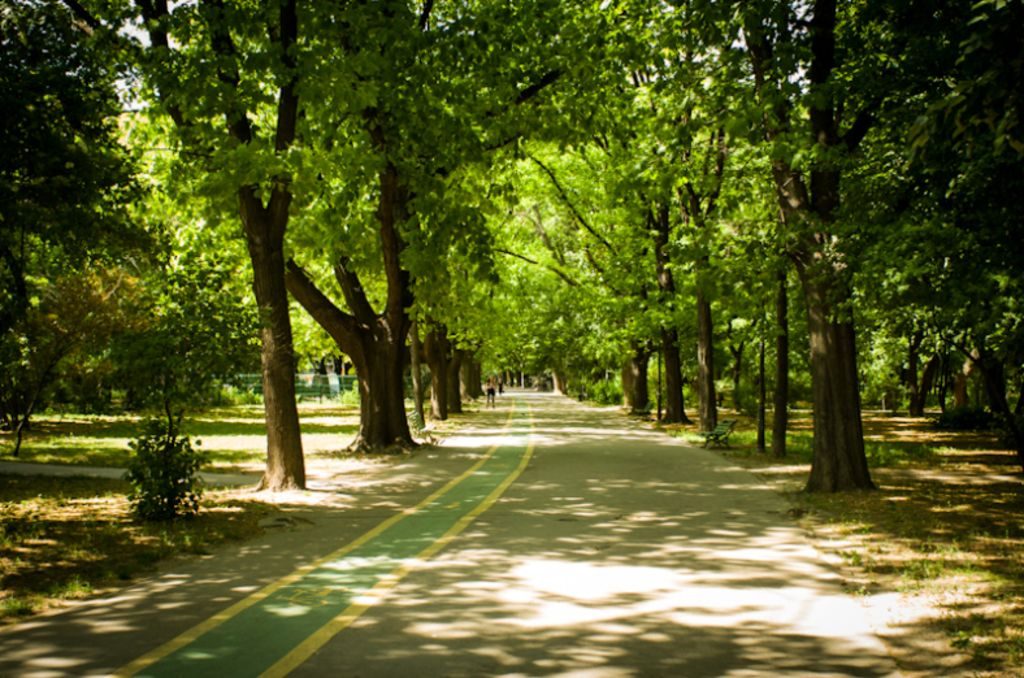
Bike riding in Herastrau Park
Like all any other foreigner would have experienced in a new country, inevitably there was the culture shock in the first few days. But I believe I only received a minimum amount of it as my original Chinese background shares certain similarities with Romania due to the post-influence of communism.
For example, the inefficiency and lack of organizing on public services and other infrastructure problems didn’t strike me as hard as it did to my friends those who are from the world’s top developed countries.
Despite all, the best of this journey is the time I spent at Canopy as part of the team. But I have to be very honest on this – in the very beginning, the organizational level of cultural difference in Canopy has indeed given me a certain amount of shock.
Canopy is a place where everyone is mattered and treasured equally. The working team is strongly bonded to an intimate friend group or even like a family. The boundaries between working and personal relationship are very vague. There are no hierarchies nor authority layers. People are expected to be working together as colleagues as well as chilling together as friends. In result, the team communicates with one another in a way where everyone is comfortable with.
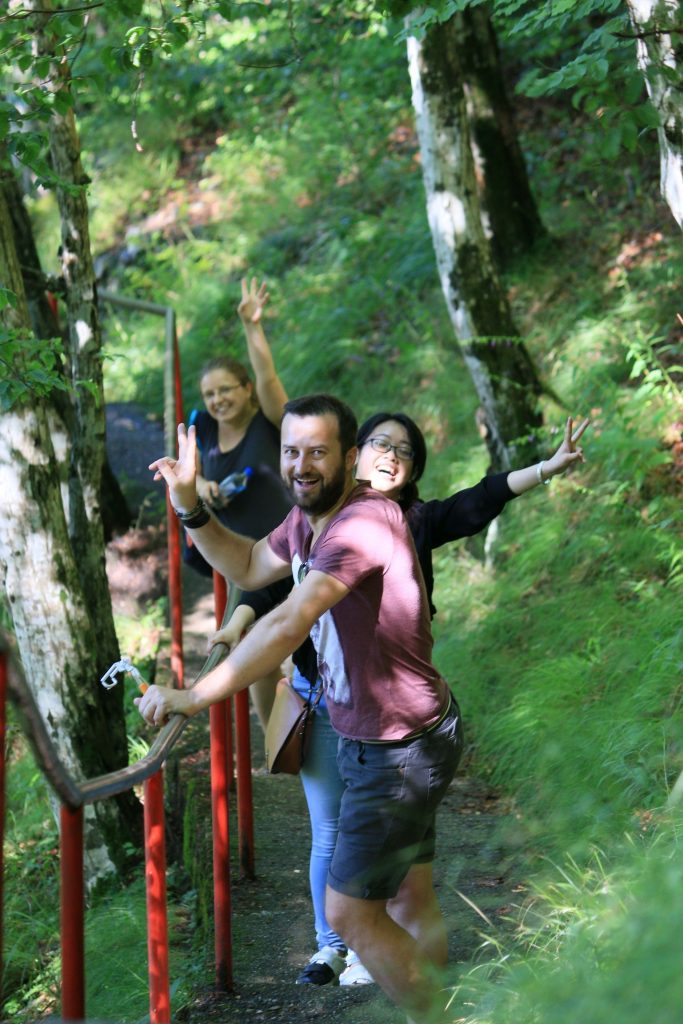
The team took me to a road trip.
It’s a completely different story than all the other working environments I have been sitting through in my past 20 years life. Australia has this common norm in the society in which people tend to clearly separate their works and individual life.
Probably in small startups you may spot some similar working atmospheres like the one in Canopy. But since the company I’ve been working for is a large-sized enterprise, personally I’ve never been through this type of working environment before. It might sound weird but I reckon that was the reason why I panicked a bit in the first few days when I was supposed to feel comfortable and cozy being surrounded by so many friendly colleagues (and two cats).
Fortunately, I am a super adaptive person and before the end of the first week I already got used to the atmosphere and even began to fall in love with it – having friends in the office is actually the greatest motivation an employee can have to keep on with the pace.
Being in an environment where you can sit relaxing is really an important element of dealing with stress caused by heavy work load. Without sparing sophisticated efforts on managing office networking, you get to concentrate on the real job that needs to be done. Let alone the moments when you are stressing out by the problems you encountered and just need someone to talk to – your best listeners and advisors would all be in the reach of an arm’s length.
To enhance the bond we share as a team, Canopy also organizes various group activities on a regular basis to ensure there will always be enough team bonding regardless of how hectic the schedule might be.
For instance, there is this company “tradition” called Happy Friday in which the company will order deliveries for lunch with all the expenses covered, aiming to create a mutual break where everyone can just sit at the table sharing a sense of relaxing.
Moreover, there will also be drinking & gaming nights from time to time, and I have luckily got the chance to attend one of those. Besides group activities, the best way Canopy uses to appreciate the team’s hard working is the weekly massage.
Every once in a week, there will be a team member allocated to a massage appointment covered by the company. It is a way that Canopy says “thank you” to its endeared Canopysts (Thanks, Chief, the team loves you more than they love the massage).
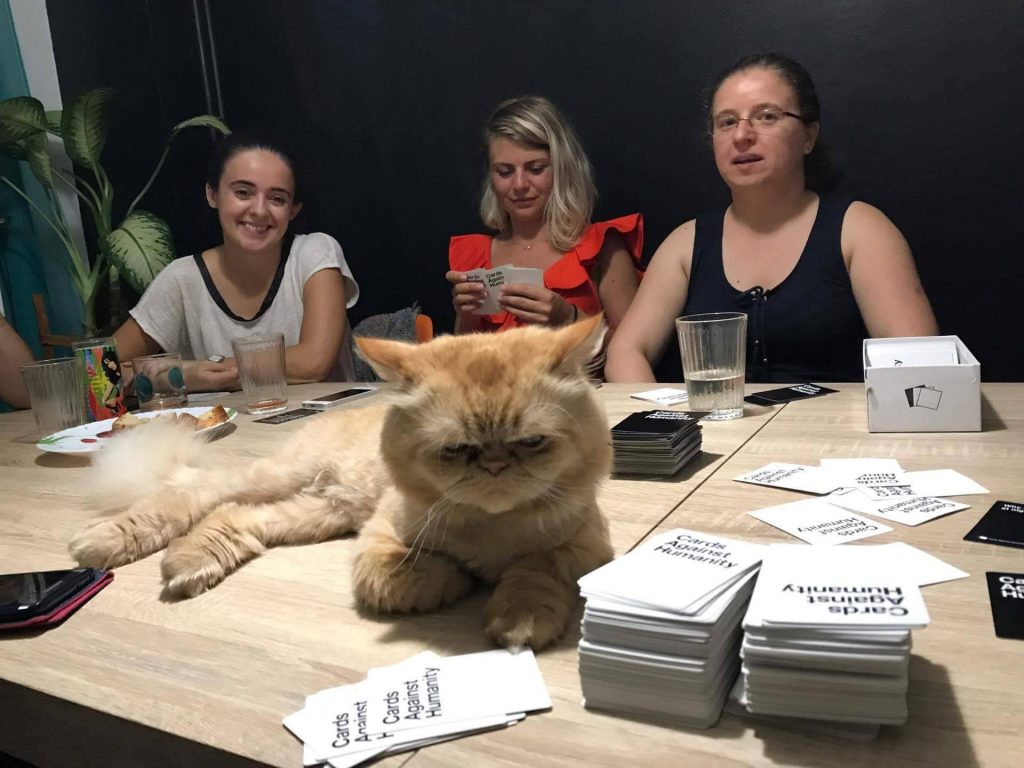
Playing card game, with the cat
The attributes I have discovered on Canopy has opened up a new perspective for me to view things around me. I learned to bow down my head and try to make sense out of the things I couldn’t understand instead of simply refusing to change without even attempting. And once I began to do that I perceived more than ever before in a sense that I’m willing to pass on these good impacts I received from this journey.
And I hope it goes as far as it gets in my Australian part of life.
Hey, Canopy! Nice meeting you, I will see you all one day in future!
Thanks for everything, Vida. It was a great experience for us to have you here. This is her gift to us, a visual story of her experience in Romania.

